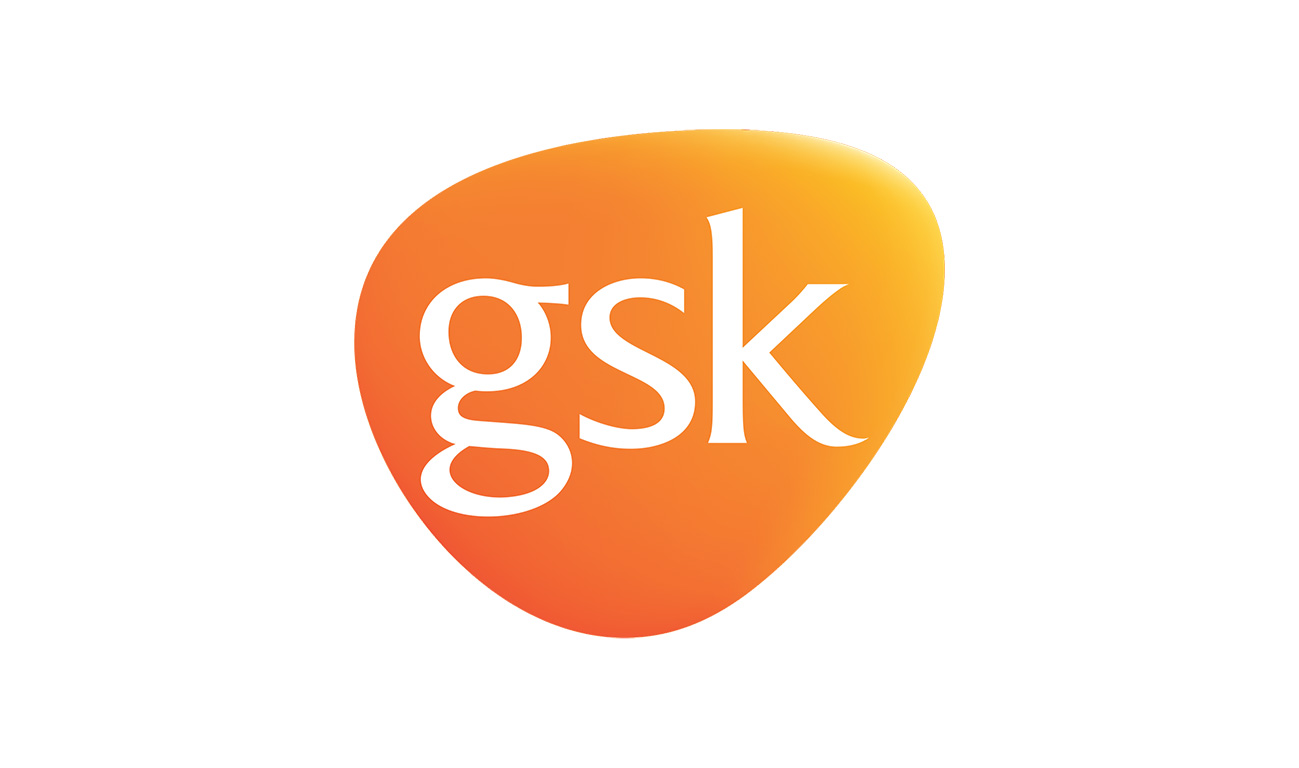New Frontiers
By Sarah, GSK Communications

Yesterday, I stepped onto the campus of Georgetown University to attend the "Frontiers in Development" forum, hosted by the US Agency for International Development this week. The forum promised to be "engaging--with the smartest, most innovative and experienced thought-leaders and practitioners around the world; seizing pivotal opportunities to leave behind generational legacies of success." An exciting prospect!
I've participated in these sorts of global forums before. Just a few months ago I accompanied my colleagues and GSK's CEO, Sir Andrew Witty, to a forum at the Royal College of Physicians in London where we announced we were joining other pharmaceutical companies and several global health authorities in a united effort to defeat or control 10 neglected tropical diseases by 2020.
But it's rare to attend one on my "home turf" in Washington, DC.
The event gathered 700 or so thought leaders to discuss key themes, including global health and financial inclusion. Many of the presentations addressed the promise of mobile technology to improve healthcare and economic development. I heard remarks from the newly-sworn in President of Malawi, Joyce Banda, who described her "love affair" with her country and its people, and her dreams for Africa.
As always, I was proud to see GSK represented by Andrew. In a 1:1 conversation with USAID Administrator Raj Shah (pictured above), he spoke about the tireless work that government agencies, NGOs, the private sector, and even individuals have done to advance global health and improve access to medicines that would have seemed impossible a decade ago--large-scale introduction of vaccines in developing countries within the same time frame that they are introduced in developed markets, an open laboratory for research for diseases of the developing world, and cross-functional coalitions looking at how we can work together to increase the number of trained health workers.
Bringing innovative technologies first to the places that need it the most is the right thing to do, and GSK committed to doing its part.
Andrew ended his remarks today by encouraging everyone, for one moment, to just take off their corporate, NGO or government hats. He asked "Doesn't it make sense to try to build bridges rather than throw bricks at each other?" I think that's a development we can all believe in.
About GlaxoSmithKline
GlaxoSmithKline is one of the world’s leading research-based pharmaceutical and healthcare companies – is committed to improving the quality of human life by enabling people to do more, feel better and live longer. For further information go to us.gsk.com, follow us on twitter.com/GSKUS or visit our blog (www.morethanmedicine.us.gsk.com/blog/).

